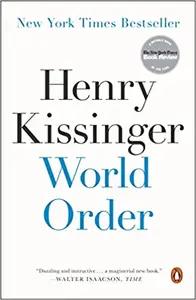World Order: Reflections on the Character of Nations and the Course of History
By Henry Kissinger
Category
CultureRecommended by
In "World Order" by Henry Kissinger, the renowned diplomat and strategist explores the complex and ever-evolving global landscape. Drawing from history, Kissinger examines the balance of power among nations throughout various eras, highlighting the significance of diplomacy and statesmanship in shaping world affairs.
Kissinger delves into the origins of the modern state system, tracing its roots to the Peace of Westphalia in 1648. He analyzes the challenges faced by nation-states in balancing their own interests with the pressures of a shifting international order. By examining historical examples such as the Congress of Vienna and the Treaty of Versailles, Kissinger underscores the delicate equilibrium required for sustainable world order.
Moreover, Kissinger addresses the rise of non-state actors and the impact of technological advancements on global governance. He acknowledges the growing influence of transnational issues, such as terrorism, climate change, and pandemics, and explores how they necessitate collective action and cooperation among nations.
Throughout the book, Kissinger emphasizes the importance of a comprehensive and nuanced understanding of different cultures and civilizations. He argues that an appreciation for diversity, coupled with a pragmatic approach, can help build a more stable and harmonious international system.
"World Order" offers readers a thought-provoking analysis of the challenges and opportunities that confront the modern world. Kissinger's insights shed light on the intricate dynamics of global politics, encouraging readers to rethink conventional wisdom and consider new approaches to fostering a sustainable world order.
Kissinger delves into the origins of the modern state system, tracing its roots to the Peace of Westphalia in 1648. He analyzes the challenges faced by nation-states in balancing their own interests with the pressures of a shifting international order. By examining historical examples such as the Congress of Vienna and the Treaty of Versailles, Kissinger underscores the delicate equilibrium required for sustainable world order.
Moreover, Kissinger addresses the rise of non-state actors and the impact of technological advancements on global governance. He acknowledges the growing influence of transnational issues, such as terrorism, climate change, and pandemics, and explores how they necessitate collective action and cooperation among nations.
Throughout the book, Kissinger emphasizes the importance of a comprehensive and nuanced understanding of different cultures and civilizations. He argues that an appreciation for diversity, coupled with a pragmatic approach, can help build a more stable and harmonious international system.
"World Order" offers readers a thought-provoking analysis of the challenges and opportunities that confront the modern world. Kissinger's insights shed light on the intricate dynamics of global politics, encouraging readers to rethink conventional wisdom and consider new approaches to fostering a sustainable world order.
Share This Book 📚
More Books in Culture
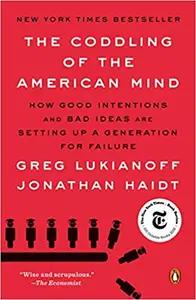
The Coddling of the American Mind
Greg Lukianoff & Jonathan Haidt
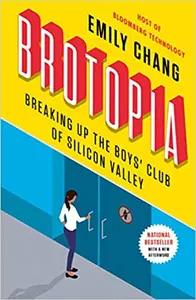
Brotopia
Emily Chang
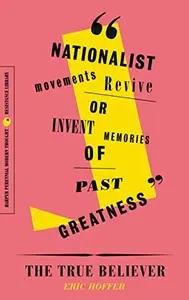
The True Believer
Eric Hoffer
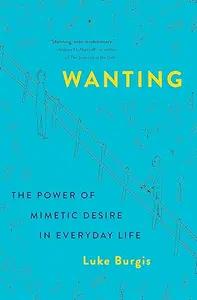
Wanting
Luke Burgis
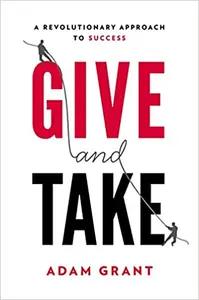
Give and Take
Adam Grant
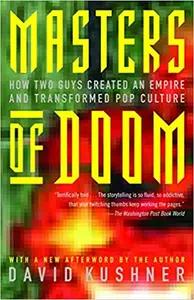
Masters of Doom
David Kushner

The Holy Bible
Various
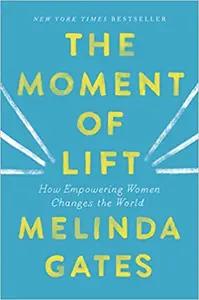
The Moment of Lift
Melinda Gates
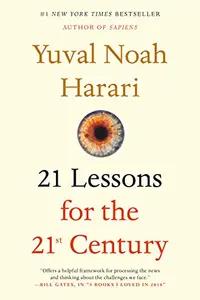
21 Lessons for the 21st Century
Yuval Noah Harari
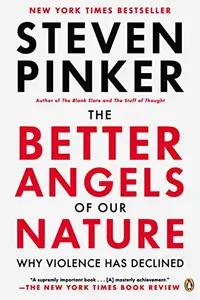
The Better Angels of our Nature
Steven Pinker
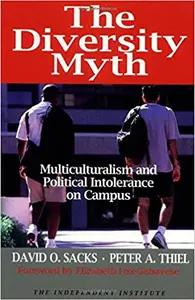
The Diversity Myth
Peter Thiel & David Sacks
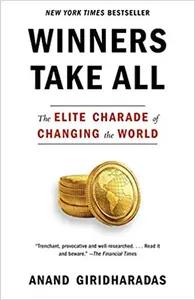
Winners Take All
Anand Giridharadas
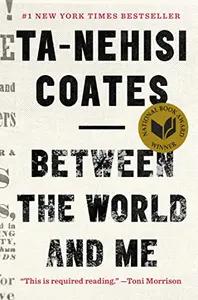
Between The World And Me
Ta-Nehisi Coates
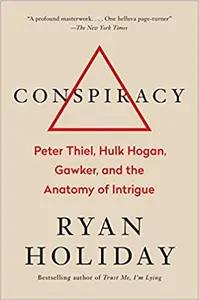
Conspiracy
Ryan Holiday
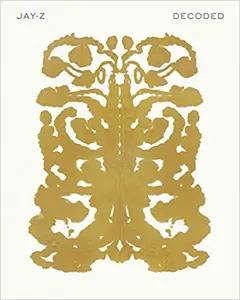
Decoded
Jay-Z

Play It Away
Charlie Hoehn
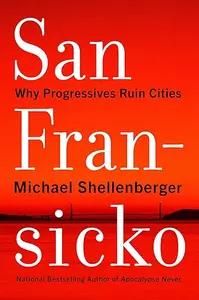
San Fransicko
Michael Shellenberger
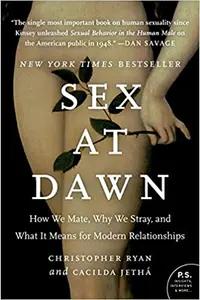
Sex at Dawn
Christopher Ryan
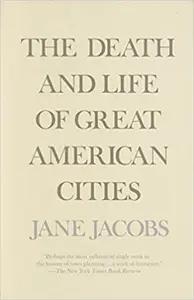
The Death and Life of Great American Cities
Jane Jacobs
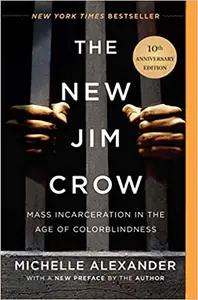
The New Jim Crow
Michelle Alexander
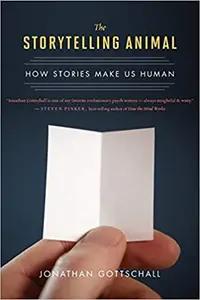
The Storytelling Animal
Jonathan Gottschall
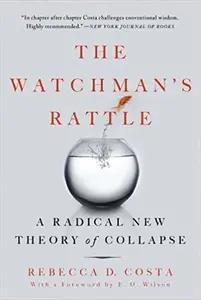
The Watchman's Rattle
Rebecca Costa
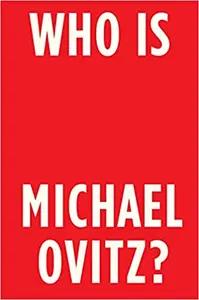
Who Is Michael Ovitz
Michael Ovitz
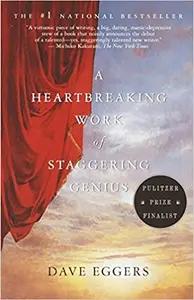
A Heartbreaking Work of Staggering Genius
Dave Eggers
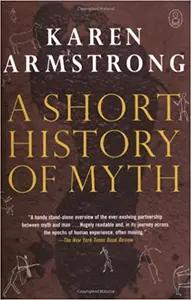
A Short History of Myth
Karen Armstrong
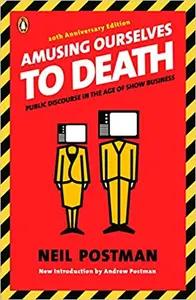
Amusing Ourselves to Death
Neil Postman
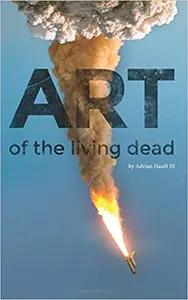
Art of the Living Dead
Adrian Hanft
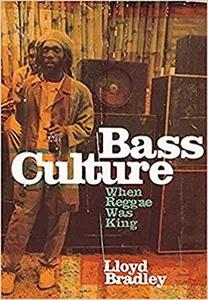
Bass Culture
Lloyd Bradley
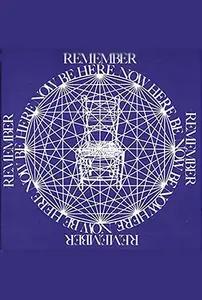
Be Here Now
Ram Dass
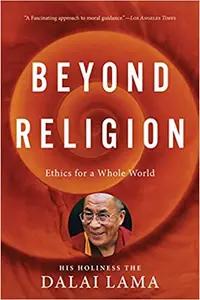
Beyond Religion
Dalai Lama
Popular Books Recommended by Great Minds 📚
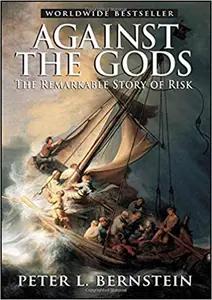
Against The Gods
Peter Bernstein
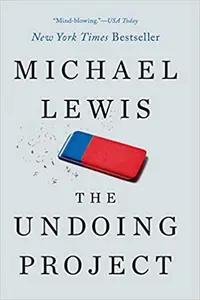
The Undoing Project
Michael Lewis
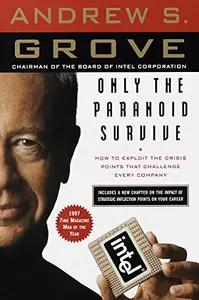
Only the Paranoid Survive
Andy Grove

The Innovators Dilemma
Clayton Christensen
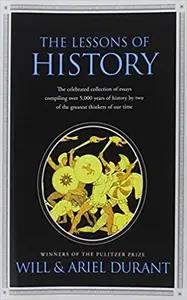
The Lessons of History
Will & Ariel Durant
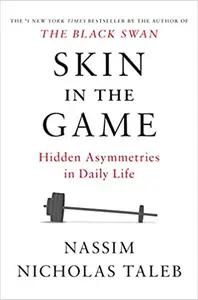
Skin In The Game
Nassim Taleb
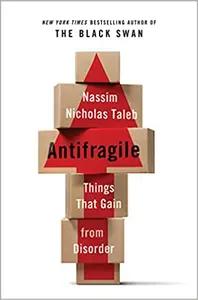
Antifragile
Nassim Nicholas Taleb
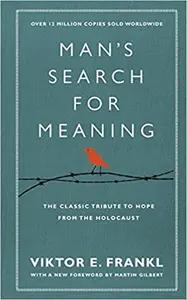
Man's Search for Meaning
Viktor Frankl
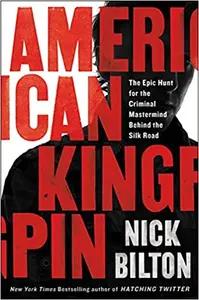
American Kingpin
Nick Bilton
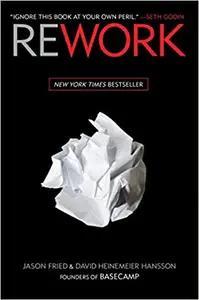
Rework
Jason Fried
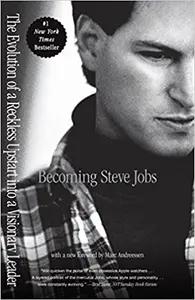
Becoming Steve Jobs
Brent Schlender
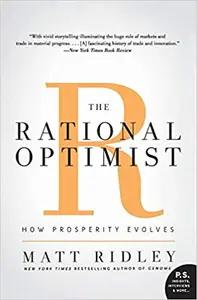
The Rational Optimist
Matt Ridley
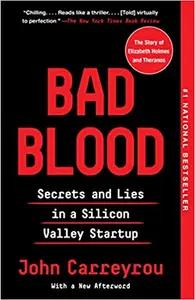
Bad Blood
John Carreyrou
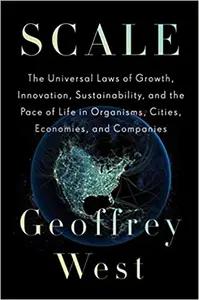
Scale
Geoffrey West
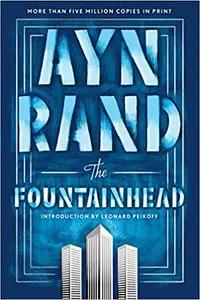
The Fountainhead
Ayn Rand
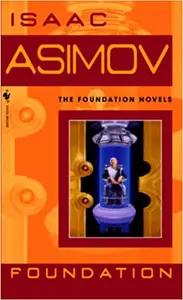
Foundation
Isaac Asimov
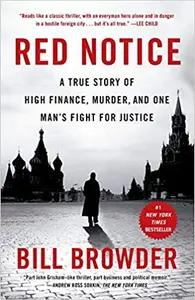
Red Notice
Bill Browder
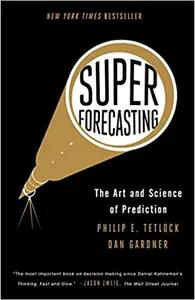
Superforecasting
Philip Tetlock
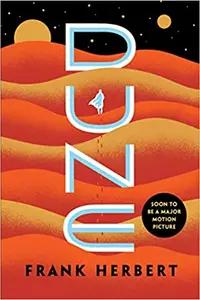
Dune
Frank Herbert
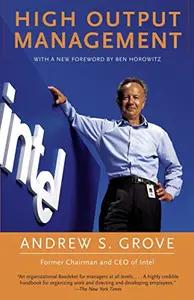
High Output Management
Andrew Grove
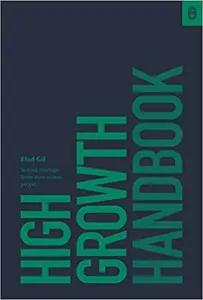
High Growth Handbook
Elad Gil
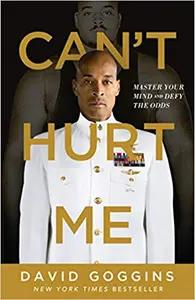
Can't Hurt Me
David Goggins
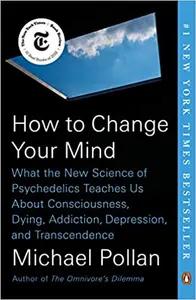
How to Change Your Mind
Michael Pollan
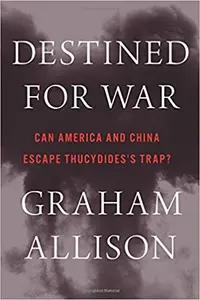
Destined For War
Graham Allison
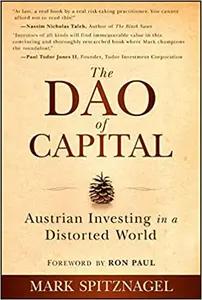
The Dao of Capital
Mark Spitznagel
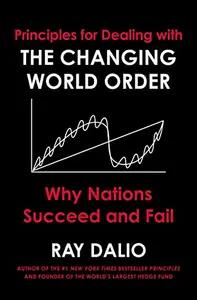
Principles for Dealing With The Changing World Order
Ray Dalio
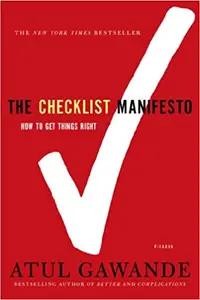
The Checklist Manifesto
Atul Gawande
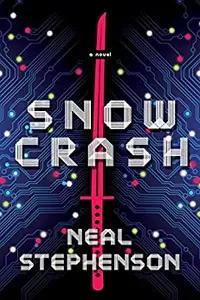
Snow Crash
Neal Stephenson
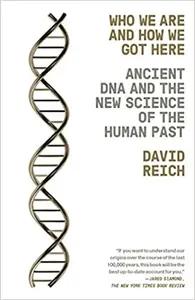
Who We Are and How We Got Here
David Reich
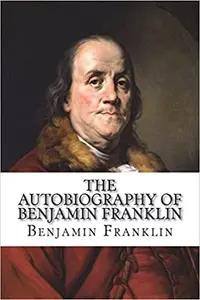
The Autobiography of Benjamin Franklin
Benjamin Franklin
